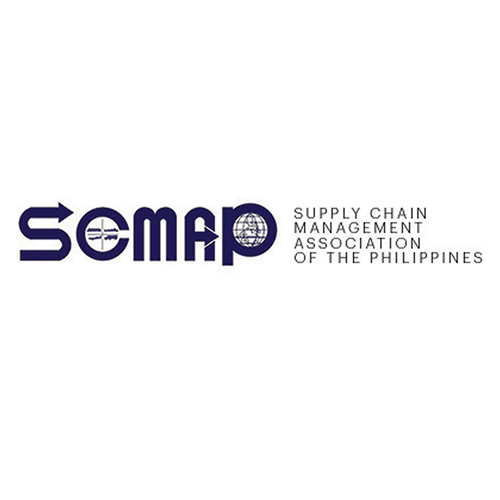It was fascinating to listen to representatives of Fast Logistics talk about how they are integrating emerging technologies to their operations during our first Member Meets event last July 6. They were talking about how artificial intelligence was being integrated into day-to-day tasks, particularly repetitive ones, as well as in non-core aspects like security.
My obvious question: how does it affect the people working in their facilities?
The answers, in a way, were obvious. There will be some churn, but most employees will be freed up from doing regular tasks to perform more value-adding duties that impact their operations more, they pointed out. Perhaps most critically, Fast Logistics’ chief executive officer Manny Onrejas reiterated their company’s ethos that people are their most valuable resource. “It’s important to upskill,” he said, pointing to the building we were in: the Fast Learning and Development Center, a TESDA-accredited training facility, and a symbol of their increased commitment to educating their workforce, and those working in supply chain more broadly.
I remember this as I watch developments in Hollywood. As I write this, SAG-AFTRA, the union representing 160,000 actors, have voted to strike after failing to reach a new agreement with studios. One key sticking point in the negotiations are increased residual payments in light of the emergence of streaming platforms, and the idea that people can watch old and new stuff any time they choose to do so. Another is increased job protections against the threat of AI, particularly the idea that studios can use the technology to effectively replace actors. These are the same concerns that the Writers’ Guild of America raised before they went on strike two days ago. Thus, the American film and television industry faces a strike of both actors and writers – the first time in sixty years this has happened – and all because of the possibilities offered by technology.
Now, I would still call myself a creative, and so I can empathize with the striking workers. The idea of technology replacing you and leaving you behind like scrap is scary – and, considering how fast things seem to be moving lately, is a real possibility. And yes, an obvious answer is to continuously update your competencies so you can keep up – but imagine being asked to do that while also being asked to commit your energies to your work. That’s a difficult balance to make for many.
Yes, management has to make sure that their business is profitable and sustainable, and adopting technologies to streamline operations and improve productivity is one way to go about it. (Arguably, one would be foolish not to do so, especially when it justifies the costs.) But this can go too far. A constant concern surrounding the Industry 4.0 framework is how it seemingly “sacrifices” people in pursuit of operational efficiency, how it reduces our employees to statistics. Thus, the push to rethink how we utilize technology, making sure that it does not just improve the bottom line, but positively impacts the people that work for us as well. Having state-of-the-art systems may be good (and it definitely makes for an impactful press release) but our people are still our best resource.
I suppose a lot of this lies with the mindset of those in the upper levels of management. What is our role towards our employees? Are we willing to assume the responsibility of taking care of them, the same way they devote themselves to our cause? Or are we just wholly concerned with our profit margins and dividends? Our direction of travel will depend on what the priorities of our leaders are – industry leaders, as well as policy makers who ultimately fosters the environment that allows businesses to thrive and be competitive. It all depends on the integrity of those who we entrust to bring us – all of us – in the right direction.
Us working in the supply chain sector should particularly keep this in mind. Our profession relies heavily on fostering good relationships – with suppliers, with partners, with customers, and with our employees. Leaving some of them behind is pretty much us weakening one of the links in the chain ourselves. If our pursuit to improve operations through technology comes at the expense of the trust of our workforce, then would it all be worth it?
I appreciate, however, that things aren’t as clear cut as it first seems, that there are complexities beyond “technology, bad; people, good”. While it may be irresistible to be a disruptor and to steam ahead with innovation, we have to take our time and think of what its impact will be not just on our bottom line, which is more obvious, but on the people that helped build our businesses and put us in the positions we are now. It’s going to be a long conversation, and we won’t get everything right the first time, but the effort should be worth it. After all, in the end, our people represent our businesses as much as our products and services. Our people are still our best resource.
Supply Chain Immersion In A Day: Join us on July 25 for the first ever Supply Chain Immersion In A Day, a compressed version of our summer event focusing on challenges and opportunities in land logistics. We will be traveling to Tarlac to hear from industry experts and stakeholders, as well as tour one of northern and central Luzon’s most advanced distribution facilities for a major FMCG. Learn more and register online at scmap.org.
Henrik Batallones is the marketing and communications director of SCMAP, and editor-in-chief of its official publication, Supply Chain Philippines. More information about SCMAP is available at scmap.org.
PREVIOUS COLUMN: Knee-jerk Reactions





